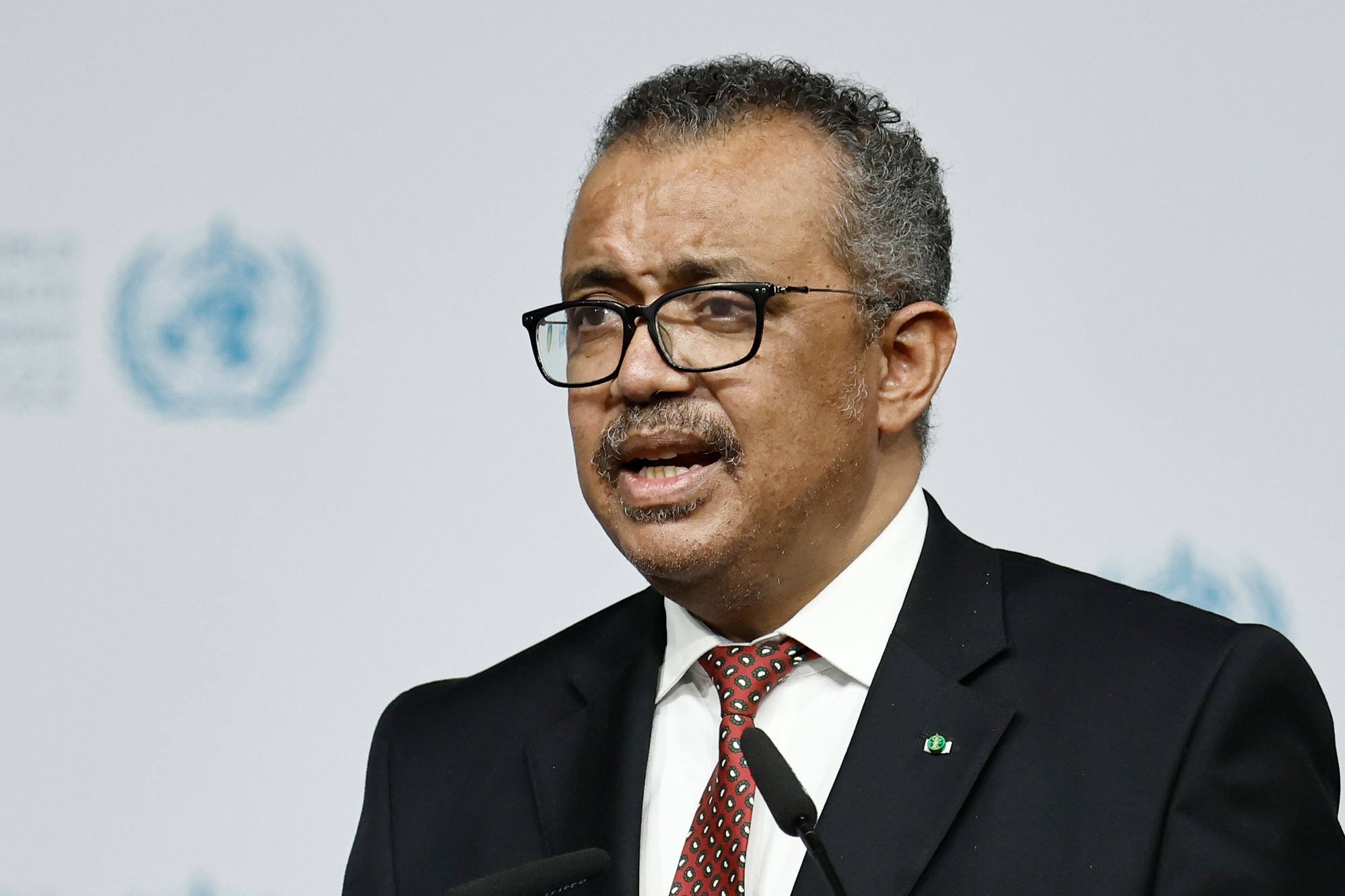The World Health Organization is urging Beijing to share information that will shed light on the origins of Covid-19, five years after the virus first surfaced and reshaped the global geopolitical landscape.
At least 7.1 million people, including 1.2 million in the US, have died from the virus, according to the WHO, which began publicising data reported by its 194 member states on December 31, 2019 – the day the health committee in Wuhan released its first statement on the cases of “viral pneumonia”.
“We continue to call on China to share data and access so we can understand the origins of Covid-19,” the WHO, which is a United Nation agency, said on Monday.
Do you have questions about the biggest topics and trends from around the world? Get the answers with SCMP Knowledge, our new platform of curated content with explainers, FAQs, analyses and infographics brought to you by our award-winning team.
“This is a moral and scientific imperative,” it continued. “Without transparency, sharing and cooperation among countries, the world cannot adequately prevent and prepare for future epidemics and pandemics.”
The WHO noted that the world had been reshaped by the pandemic.
“As we mark this milestone, let’s take a moment to honour the lives changed and lost, recognise those who are suffering from Covid-19 and long Covid, express gratitude to the health workers who sacrificed so much to care for us, and commit to learning from Covid-19 to build a healthier tomorrow,” it said.
The health agency has long called on China to share all information it has with it and the global scientific community that could help determine the origins of the disease.
Beijing has insisted that it has provided all data and accused the WHO of politicising the issue.
Weeks after the first cluster of Covid-19 infections emerged – cases that were linked to a live market in Wuhan – China imposed an unprecedented lockdown of about 11 million people in the city and other parts of the country.
In the months that followed, governments around the world, including the United States, responded with measures including extended lockdowns, flight restriction, stay-at-home orders and mandatory masking.
However, the lockdowns also caused a historic disruption of the global supply chain and triggered the largest economic crisis in more than a century, though the world has largely returned to normal today.

It also prompted a number of countries, including the US and its allies in Europe, to diversify its dependence on Chinese manufacturing.
The issue of Covid-19’s origins became a contentious one as China and the US criticised the other’s response to the virus.
Beijing has strongly denied claims that the disease was leaked from a laboratory in Wuhan that was studying coronaviruses.
Earlier this month, Tedros Adhanom Ghebreyesus, the WHO’s director general, said the world had learned much from the Covid era but that more should be done.
“If the next pandemic arrived today, the world would still face some of the same weaknesses and vulnerabilities that gave Covid-19 a foothold five years ago,” he said.
“But the world has also learned many of the painful lessons the pandemic taught us, and has taken significant steps to strengthen its defences against future epidemics and pandemics.”
More from South China Morning Post:
- Hong Kong logs 3 deaths from 4 severe flu cases, low Covid activity uptick
- How Hong Kong hospital engineer tackled ‘mission impossible’ on Covid ward
- About 90% of vulnerable Hongkongers received last Covid-19 vaccination more than 12 months ago
- How long Covid still keeps lives on hold 5 years after the pandemic began
For the latest news from the South China Morning Post download our mobile app. Copyright 2024.





